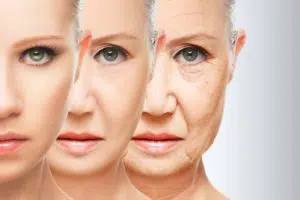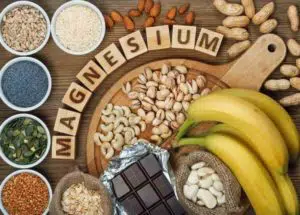When it comes to healthy habits, too much of a good thing can backfire, and that applies to exercise as well. While most people suffer from lack of exercise, once you get going, it can become addictive and some people do end up exercising too much — either by exercising too intensely, and/or too frequently.
However, an important part of optimal fitness is recovery. An equation to keep in mind is that as intensity increases, frequency can be diminished.
For example, as a weak beginner, you can do high intensity exercise three times a week and not put much stress on your system. But once your strength and endurance improve, each exercise session is placing an increasingly greater amount of stress on your body (providing you keep pushing yourself to the max).
At that point, it’s wise to reduce the frequency of your sessions to give your body enough time to recover in between. In fact, you need to allow your body to fully recuperate in between sessions for the exercise to remain productive.
Seven Signs You May Be Overdoing it
The following seven symptoms may signal that you need to cut back a bit and allow your body to recover between sessions:
- Exercise leaves you exhausted instead of energized.
- You get sick easily (or it takes forever to get over a cold)
- You have the blues
- You’re unable to sleep or you can’t seem to get enough sleep
- You have ”heavy” legs
- You have a short fuse
- You’re regularly sore for days at a time
The Higher the Intensity, the Greater Your Need for Recovery
If you’re doing high intensity interval exercises, it’s NOT recommended to do them more than three times a week. If you don’t allow your body to fully recuperate and rebuild, your efforts will not have beneficial dividends…. especially if you’re exercising to get healthy and live longer. This is because when you work your fast-twitch fibres, it takes about 48 hours for that fibre to heal and fully recover. This is twice the recovery time needed for long and slow exercise, which only work your slow-twitch fibre. These can typically heal in just one day.
Less Really is More, When it Comes to High-Intensity Exercise
One of the major benefits of high intensity exercises is that it allows your body to produce human growth hormone (HGH), commonly referred to as “the fitness hormone.” However, as explained by Dr. McGuff , once you’re fit, you really don’t need frequent spurts of growth hormone production.
At that point, recovery takes precedence as being more important, and your recovery period could be anywhere from three to seven days. In fact, he strongly recommends NOT exercising too frequently once you are in fit condition, and here’s why:
“Your adrenal gland… sits right above your kidneys, and it’s arranged in layers. On the outermost layers, you have mineral corticoids that control your sodium and your electrolyte levels. In the middle layer, you have your corticosteroids that control sugar and generate stress hormones. And in the innermost layer is where you generate growth hormones and the sex steroids.
You have to remember, your adrenal gland is an integrated organ. Those three layers are not perfectly divided. If through high-intensity exercise you’re trying to hammer that adrenal gland three times per week, but now you’re much stronger and your body hasn’t fully recovered from your Monday session and you come back and hit it again on Wednesday… you’re going to tap down into that deeper level.
Instead of growth hormones spurt, you’re going to get in a cortisol spurt. You’re going to completely undermine what it is that you’re after.”
Source: Dr. Doug McGuff
Body by Science: A Research Based Program
to Get the Results You Want in 12 Minutes a Week
Note to Self: A FitnessGenes DNA Profile will give individualised information for maximum results.




